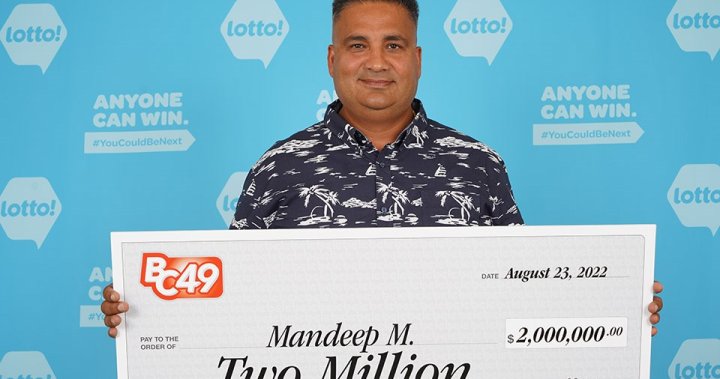This case revolves around a disputed $2 million lottery win in British Columbia, Canada, where a group of coworkers claimed their colleague, Mandeep Singh Maan, had purchased the winning ticket using funds from their established lottery pool. The coworkers argued that they routinely contributed to a pool, typically $50 twice a week, to purchase lottery tickets, and that Maan had been entrusted with buying a ticket on their behalf during the period when the winning BC/49 ticket was purchased. Maan, however, contended that he had bought the ticket with his personal funds and that the group’s lottery pooling was infrequent and usually occurred only when jackpots were significantly high.
The central issue before the B.C. Supreme Court was to determine whether the winning ticket was indeed purchased using pooled money, thereby entitling the coworkers to a share of the winnings. Justice Y. Liliane Bantourakis meticulously examined the evidence presented by both sides. The coworkers recounted their version of events, alleging that they had given Maan cash and a free-play ticket between August 12 and 15, 2022, with the understanding that he would purchase tickets for the group. Maan, however, firmly denied this claim, asserting that he had used his own money to purchase the fortunate ticket on August 18, 2022. He kept his win a secret until four days later, when the B.C. Lottery Corporation publicly announced his victory, complete with a photograph of him holding the substantial cheque.
Justice Bantourakis’s ruling hinged on the credibility of the evidence presented and the establishment of a consistent and legally binding agreement for the lottery pool. She found significant inconsistencies in the coworkers’ accounts regarding the timing and circumstances surrounding the alleged handing over of funds to Maan for the ticket purchase. Furthermore, she noted a lack of concrete evidence demonstrating a regular schedule or fixed contribution amounts for their past lottery pool activities. The judge emphasized that while some lottery purchases might not have been formally documented, the existing records of photographs suggested a more ad hoc arrangement where participants decided on a case-by-case basis whether to pool their money for lottery tickets.
The judge also considered the amount charged to Maan’s debit card for the ticket purchase, which was $10. This amount was significantly different from the coworkers’ claimed regular pool contribution of $50, further weakening their argument. Justice Bantourakis concluded that although the coworkers genuinely believed they were entitled to a share of the winnings, they had failed to provide sufficient legal grounds to support their claim. The absence of a formal agreement, coupled with inconsistent testimonies and a lack of documented evidence, led the court to rule in favor of Maan, affirming his sole ownership of the $2 million prize.
The judge acknowledged the unfortunate impact of the dispute on the workplace relationships, noting that the lottery win, which should have been a joyous occasion, had instead created friction and mistrust among colleagues. Despite the legal battle, Maan continued to work alongside his coworkers at the same company. The case underscored the importance of clear communication and documented agreements in group lottery pools to prevent such disputes. The B.C. Lottery Corporation advised individuals participating in group lottery purchases to establish written rules and maintain detailed records to avoid similar misunderstandings.
This legal dispute serves as a cautionary tale for individuals participating in group lottery pools. It highlights the necessity of formalizing agreements, documenting contributions, and maintaining clear communication to prevent disagreements and potential legal battles. While verbal agreements may suffice in some informal settings, the case of Mandeep Singh Maan and his coworkers demonstrates the potential for miscommunication and disputes when significant sums of money are involved. A written agreement outlining the terms of the pool, including contribution amounts, frequency of purchases, and procedures for claiming winnings, can protect the interests of all participants and prevent misunderstandings. Additionally, maintaining records of contributions, ticket purchases, and any communication related to the pool can serve as valuable evidence in case of a dispute.
The judgment in this case reinforces the principle that legal entitlements are based on evidence and established agreements, not solely on moral claims or perceived fairness. While the coworkers may have felt a moral entitlement to a share of the winnings, the court’s decision was based on the lack of legal proof to support their claim. This underscores the importance of clear legal frameworks and the necessity of adhering to them, particularly in situations involving significant financial stakes. The case serves as a reminder that while trust and informal agreements may function in many social contexts, when substantial sums of money are involved, formalizing arrangements and maintaining proper documentation are crucial to protect the interests of all parties involved.

